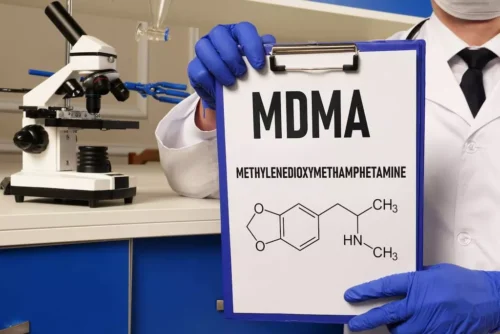How To Deal With A Narcissistic Alcoholic? Rehab & Treatment

Certain genetic variations and neurochemical imbalances may increase the vulnerability to developing these conditions. Additionally, a family history of alcoholism or narcissistic traits can further heighten the risk of developing alcoholic narcissism. The co-occurrence of narcissism and alcoholism can exacerbate the negative effects of each condition. This combination often results in increased interpersonal conflicts, narcissism and alcoholism impaired judgment, and resistance to seeking help or acknowledging problems. Understanding the connection between these two mental health conditions is crucial for effective diagnosis and treatment. Narcissistic personality disorder (NPD) and alcohol use disorder (AUD) share several similarities.
Health Products
If you know someone who regularly uses alcohol, it’s possible that narcissism might be one of the influencing factors. Research supports the link between some narcissistic traits and alcohol use. Medications, such as acamprosate or naltrexone, can help reduce alcohol cravings, alleviate withdrawal symptoms, and support individuals in maintaining sobriety. However, it is important to note that medication should be used in conjunction with therapy and under the guidance of a qualified healthcare professional. Engaging in risky behaviors is another symptom that overlaps with both alcoholism and narcissism 1.

Providing Support and Setting Boundaries
- The emphasis on self-presentation and seeking validation through social media can make relationships more difficult and strained.
- Alcohol can serve as a temporary means of escape from these negative emotions and the pressures of maintaining a grandiose self-image.
- Alternatively, outpatient rehab suits individuals who need to maintain daily responsibilities while receiving treatment.
At its core, alcoholic narcissism manifests as an insatiable need for validation, grandiosity, and a distorted sense of entitlement. Individuals engulfed in this affliction often use alcohol as a means to bolster their fragile egos, seeking temporary relief from their deep-rooted insecurities. However, this deceptive coping mechanism only exacerbates their self-destructive tendencies, leading to a downward spiral.

What’s the outlook for people with NPD or AUD?
Experiences of abuse, inconsistent parenting, or excessive praise may contribute to narcissistic tendencies. Clear, consistent boundaries are crucial when interacting with a https://ecosoberhouse.com/ narcissistic alcoholic. Communicate limits calmly and directly, focusing on specific behaviors rather than personal attacks. Living with or supporting a narcissistic alcoholic requires specific strategies. These approaches focus on self-care, boundary-setting, and building a strong support network. The narcissistic alcoholic may attempt to isolate their partner from friends and family, limiting their support system.

In many cases, seeking help from a detox center in Pennsylvania is a crucial first step toward recovery. By addressing both narcissism and alcoholism simultaneously, individuals can begin to break the cycle of destructive behavior and work toward a healthier future. Studies have identified genetic and environmental factors that contribute to narcissistic alcoholism.

Treatment approaches that address both narcissism and alcoholism can provide comprehensive support and guidance. Additionally, amphetamine addiction treatment therapy and recovery strategies play a vital role in the journey towards healing and growth. Understanding the reinforcing patterns and negative consequences of the narcissism-alcoholism cycle is crucial in developing effective treatment approaches.
- Remember, behind the façade of arrogance and self-absorption lies a fragile soul yearning for genuine connection.
- Given the overlap between narcissistic traits and other mental health disorders, dual diagnosis treatment is crucial for individuals with alcoholic narcissism 2.
- At the core of alcoholic narcissism lies deep-seated insecurity and fragile self-esteem 1.
- Growing up in an environment where narcissistic behaviors are prevalent can significantly influence the development of alcoholic narcissism 4.
- Educating yourself can help you develop strategies to cope with the challenges you may encounter and provide you with insights on how to approach difficult situations.
- They may struggle with jealousy, have a sense of entitlement, and display manipulative behaviors.


